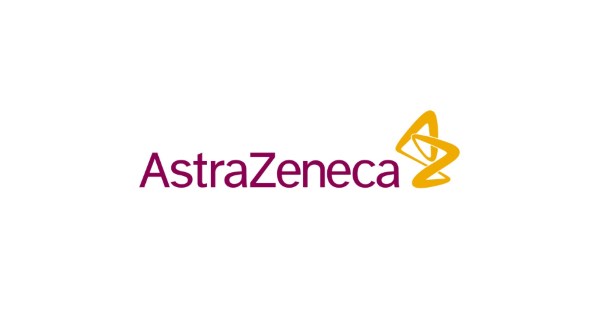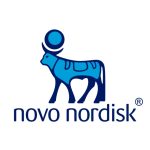AstraZeneca Embarks on AI-Powered Antibody-based Drug Discovery Journey with $247 Million Collaboration with Absci

AstraZeneca (AZ) has entered into a collaboration with US generative artificial intelligence (GenAI) company Absci, valued at up to $247 million. The collaboration aims to discover a new antibody-based drug for an undisclosed cancer target.
Utilizing Absci’s GenAI-powered platform, the focus will be on designing antibodies with improved properties such as target affinity, safety, and ease of manufacture. Absci’s Drug Creation platform employs wet-lab assays to generate protein-protein interaction data points, which are then used to train machine learning (ML) models for creating novel antibody designs. The collaboration includes an upfront fee, R&D funding, milestone payments, and royalties on any product sales.
This strategic move aligns with AZ’s efforts to leverage AI and GenAI technologies for accelerating drug discovery and development. The partnership with Absci follows a series of collaborations in the industry harnessing AI for large-molecule therapies, signaling a growing trend in the application of these technologies to biologics.
Absci’s unique approach to antibody design, using “zero-shot” GenAI, involves creating and validating new antibodies without relying on training data. This method holds the potential to significantly reduce the time it takes to bring new drug leads into the clinic, potentially shortening the timeline from six years to just 18-24 months.
The collaboration with AZ strengthens Absci’s position in the field, with a growing roster of pharma partners and a recent $650 million partnership with Spanish drugmaker Almirall focusing on dermatological diseases. Absci’s in-house pipeline, centered on cytokine biology, is advancing with four candidates selected for preclinical development, and the lead candidate ABS-101, a TL1A antagonist, expected to enter clinical trials by 2025. The collaboration with AZ reflects the broader industry trend of integrating AI and GenAI techniques into drug discovery, especially in the biologics space, where these technologies are still in their early stages but hold tremendous promise.





